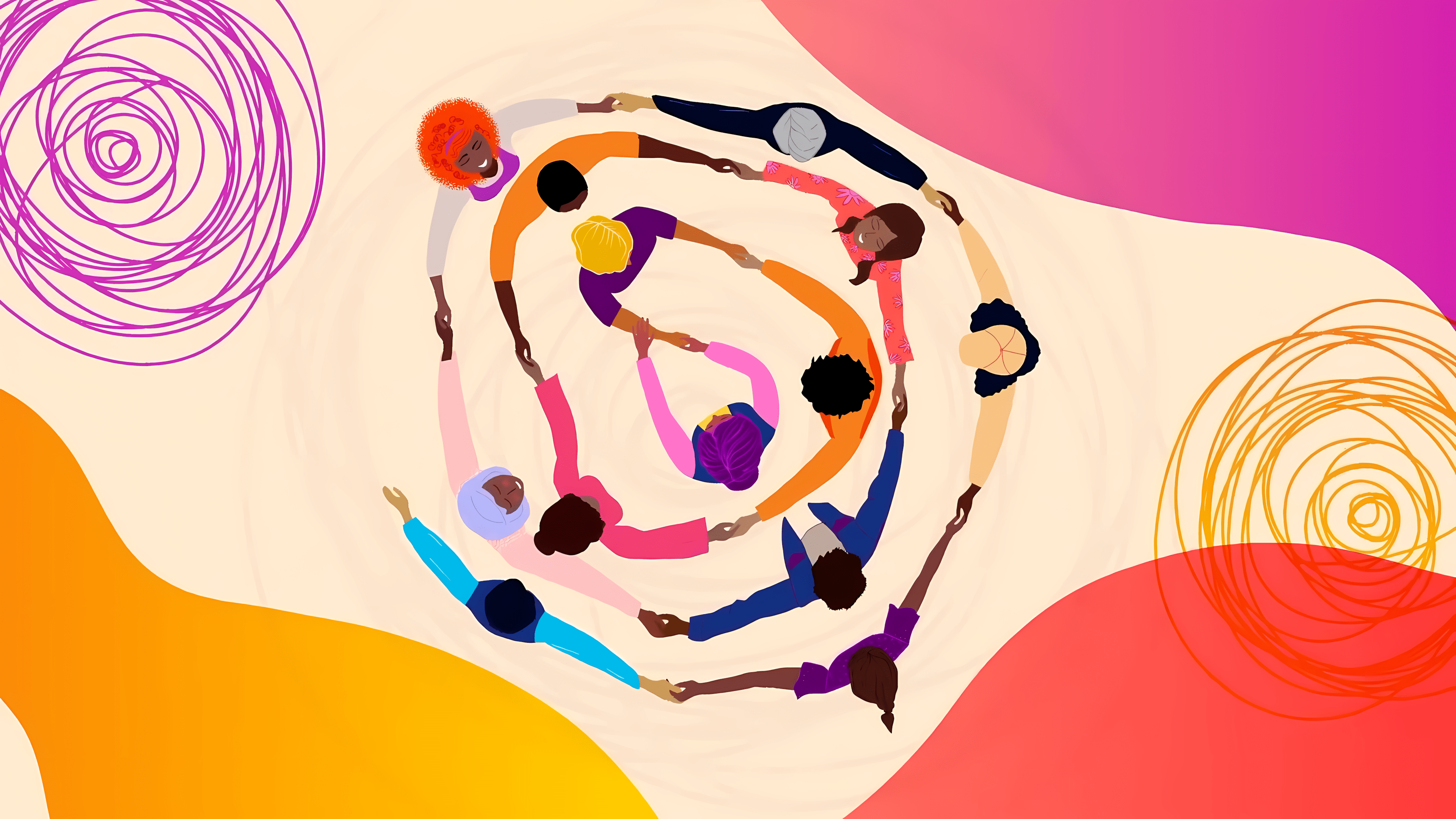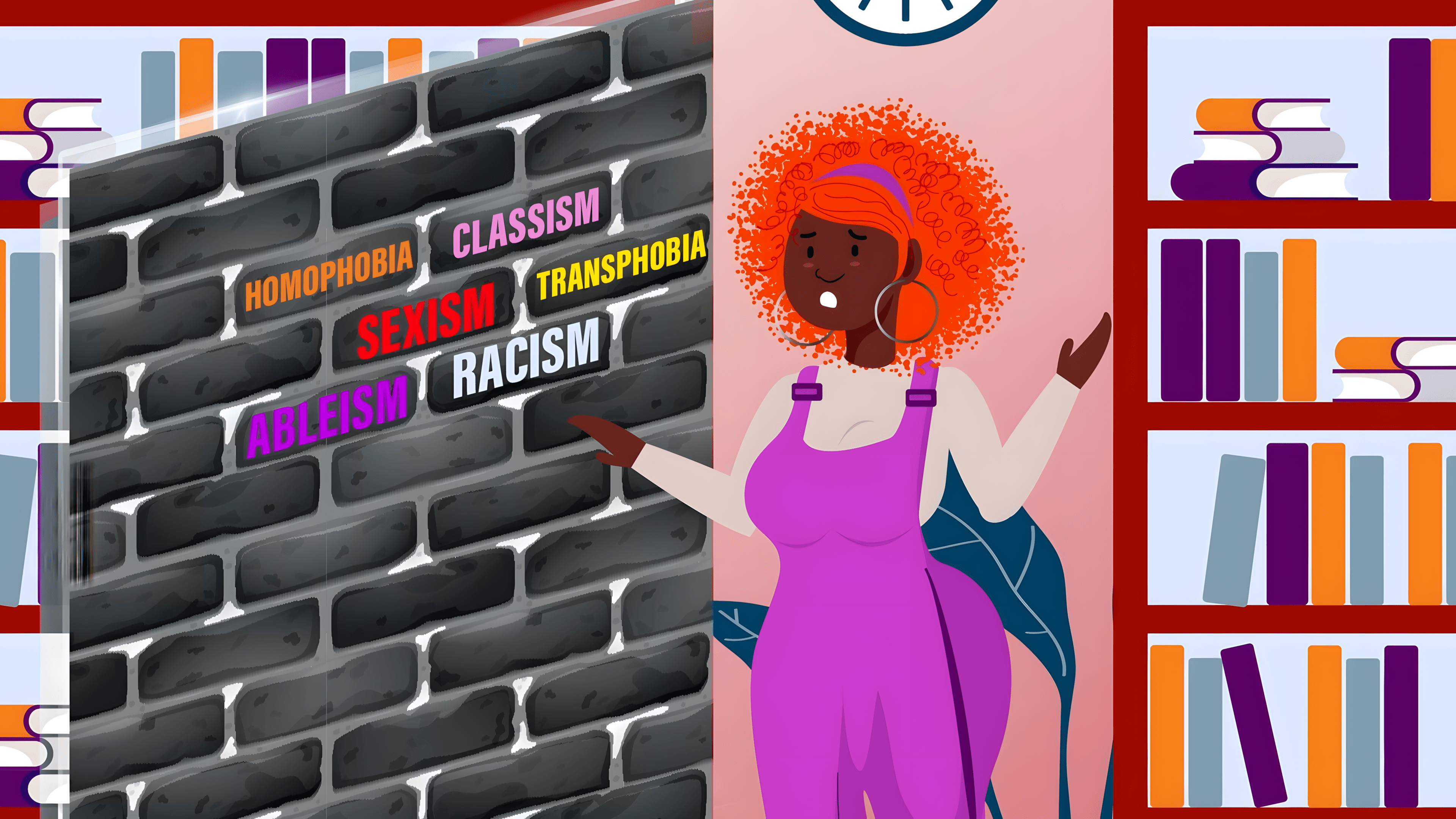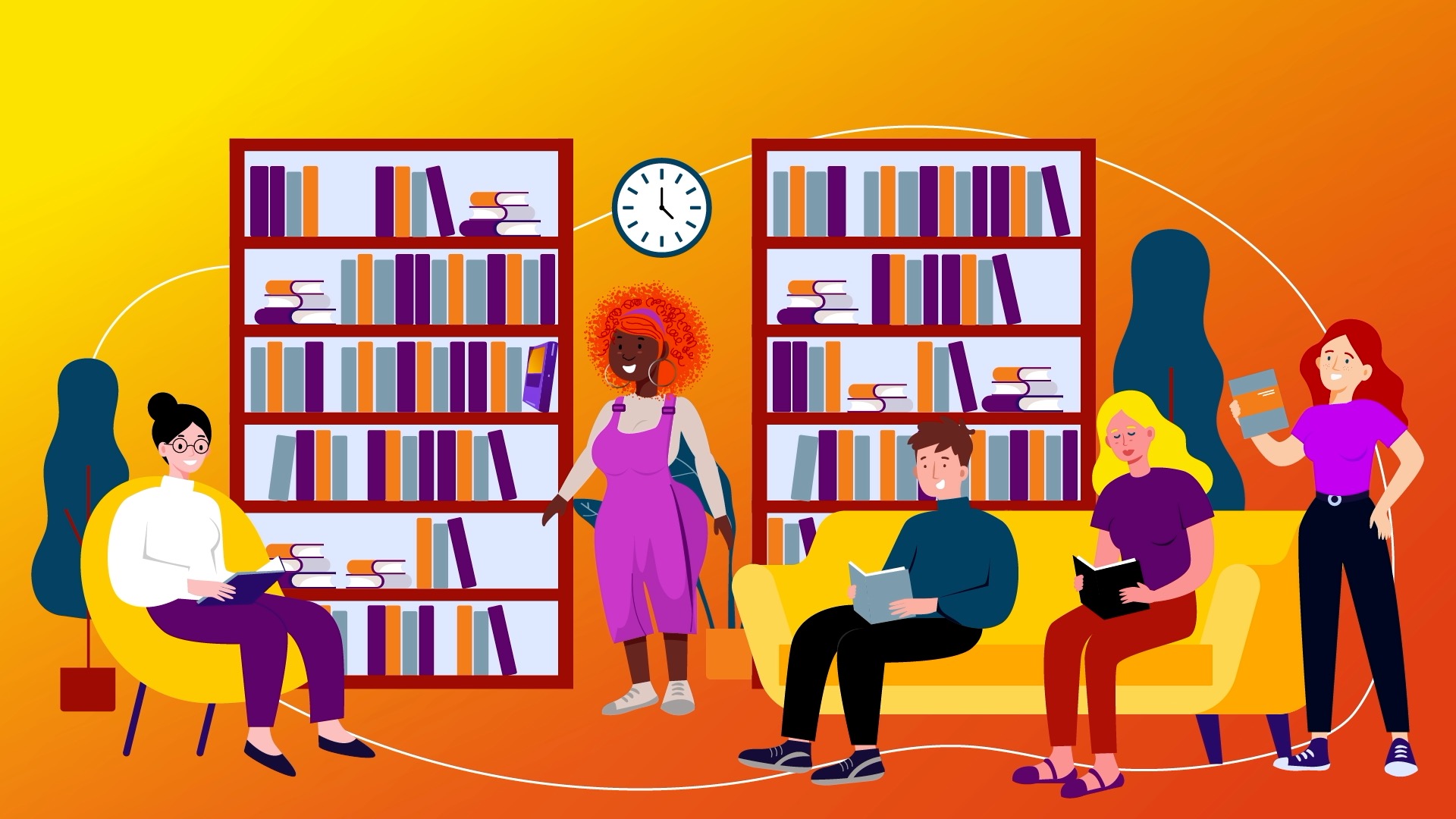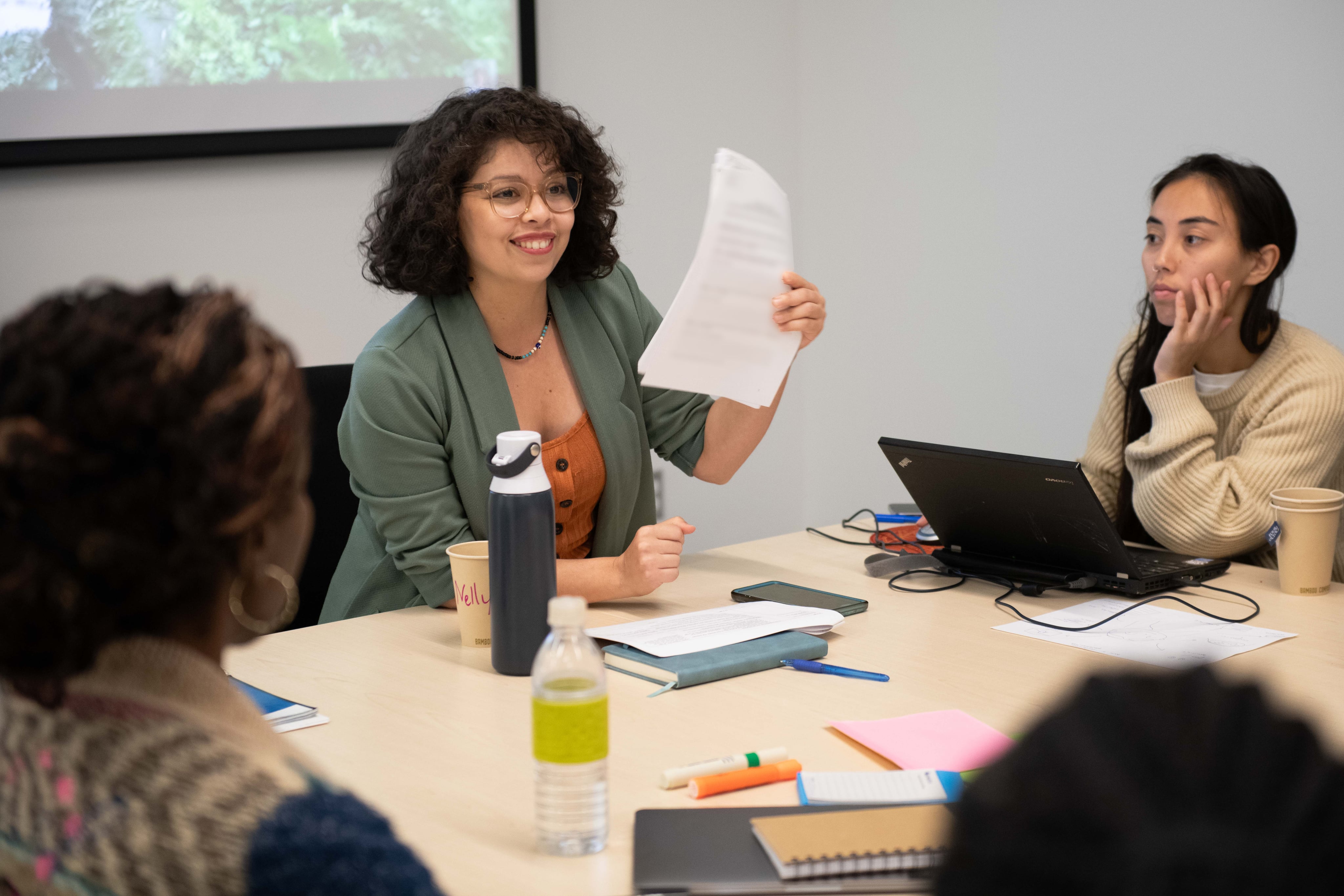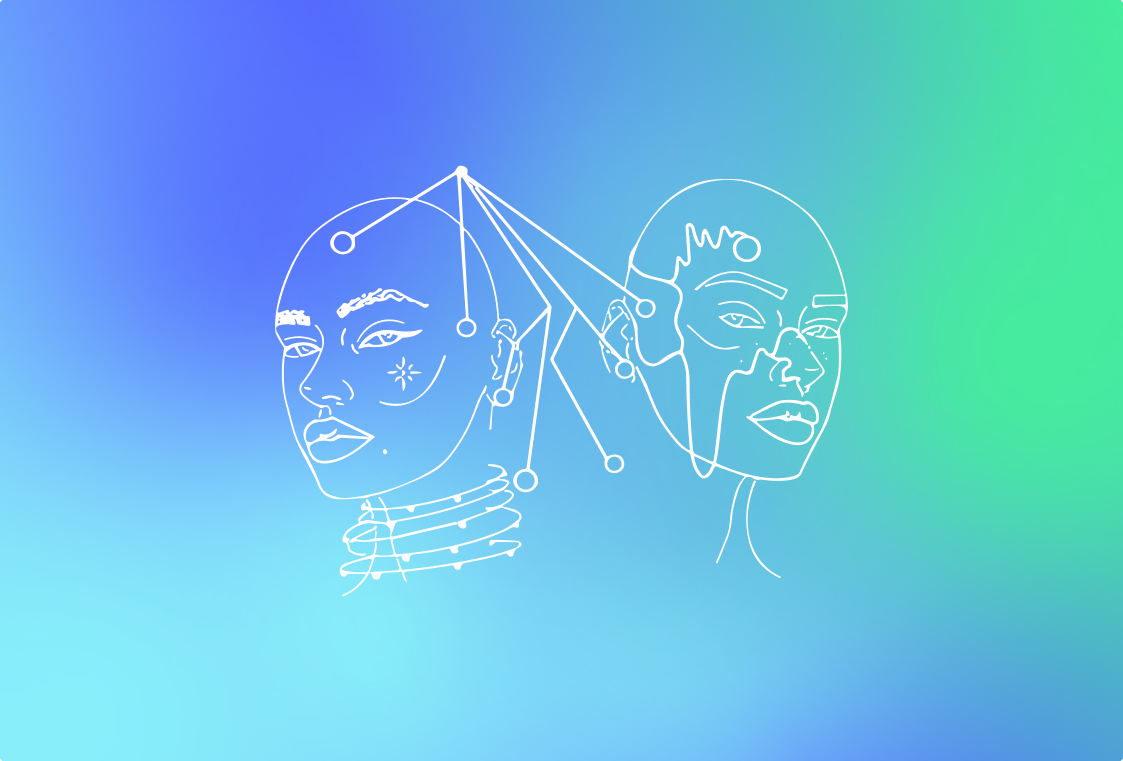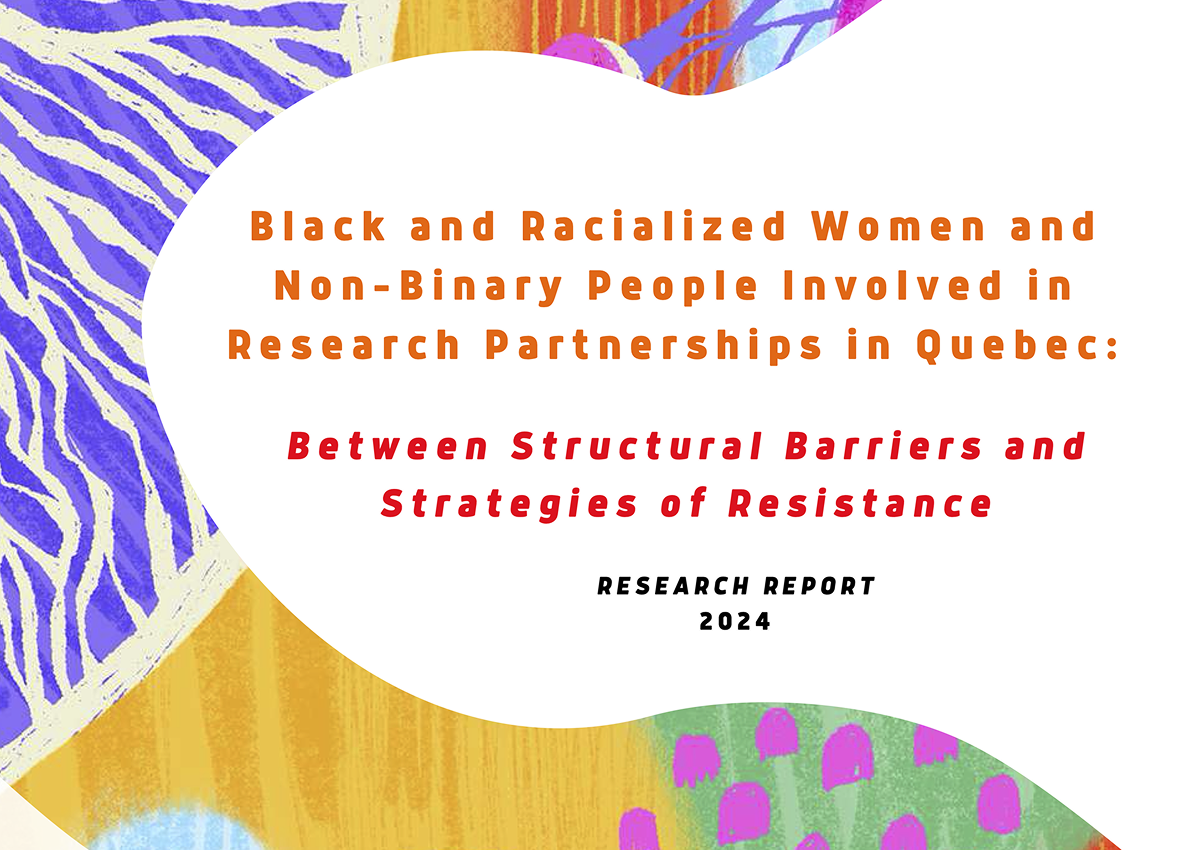What If We Decolonized Excellence?

In academia, as in many professional spheres, excellence is often upheld as an unquestionable ideal. The pressure is to produce quickly, publish widely, and achieve broad recognition. To be brilliant, strategic, and high-performing… without ever faltering. But who sets these standards? And at what cost are they maintained?
PARR project research reveals how academic excellence relies on narrow criteria that are often inaccessible to those who don’t fit dominant norms. This elitist framework marginalizes lived, situated experiences, renders invisible the forms of knowledge rooted in community life, and imposes models of performance that can feel oppressive and alienating. This is not a rejection of rigour, but a challenge to the persistent belief that excellence can only be defined by competition, speed, and individualism.
When Excellence Excludes
The pressure to perform is unevenly distributed among people. For women and Black and racialized people with marginalized gender identities, this pressure often comes with an added demand for perfection—as if any mistake confirmed a stereotype. They must not only be competent, but flawless. Shine, but don’t disrupt. Speak up, but don’t take up too much space.
Many participants in the PARR project expressed deep exhaustion in the face of these unspoken demands. Excellence can become a trap—forcing over-adaptation, masking fatigue, and reinforcing a productivity-driven logic that harms mental health and undermines solidarity.
Other Forms of Excellence Are Possible
What if excellence wasn’t defined by competition, titles, or institutional recognition? What if we understood it differently—as a collective, ethical practice deeply rooted in our contexts, histories, and realities?
Excellence could be measured by the quality of relationships, the alignment between methods and values, and the care given to the process as much as the outcome. It could include the right to slow down, rest, and say no. It could honour introspection, knowledge sharing, the ability to create safe and fertile spaces for others, and a commitment to giving back to the communities involved.
This shift calls for challenging the myth of meritocracy—the belief that only effort and competence matter—and acknowledging that recognition criteria are deeply shaped by structural inequalities.
It also requires transforming institutions so they no longer exclude forms of knowledge, practices, and life paths that fall outside dominant norms.
How to Break Free from the Tyranny of Excellence
Certain practices, nurtured within anti-oppressive community spaces and critical research, help resist these oppressive standards. Here are a few:
- Embrace slowness whenever possible. Slowing down pushes back against the pressure of constant urgency, creating space for deeper, more thoughtful reflection.
- Recognize the value of relational work, care, and listening. These often overlooked skills are central to ethical leadership.
- Resist doing everything alone. Build solidarity, delegate, collaborate, and acknowledge the contributions of others.
- Set your own criteria for success. Rather than chasing imposed standards, establish goals that reflect your values.
- Learn to say no. Decline projects, collaborations, or requests that threaten your energy, community, or convictions.
Decolonizing excellence isn’t about abandoning quality work. It’s about questioning what “good” means—and for whom. It’s about embracing alternative ways of being competent, contributing, and making an impact.
Some excerpts are drawn from testimonies in the PSRR report or from the reflective card game. These have been adapted and anonymized for outreach purposes.
Promotion des actrices racisées en recherche (PARR). (2024). Strategies in bloom: Cultivate your well-being in collaborative research (Reflective card deck - English version). A tool for raising awareness and self-reflection, based on the testimonials and transformation ideas shared as part of the PARR project.
The definition of epistemic injustice is taken from the PARR report, which quotes Godrie, B., Desrosières, E., & al. (2020). Les injustices épistémiques : vers une reconnaissance des savoirs marginalisés.



